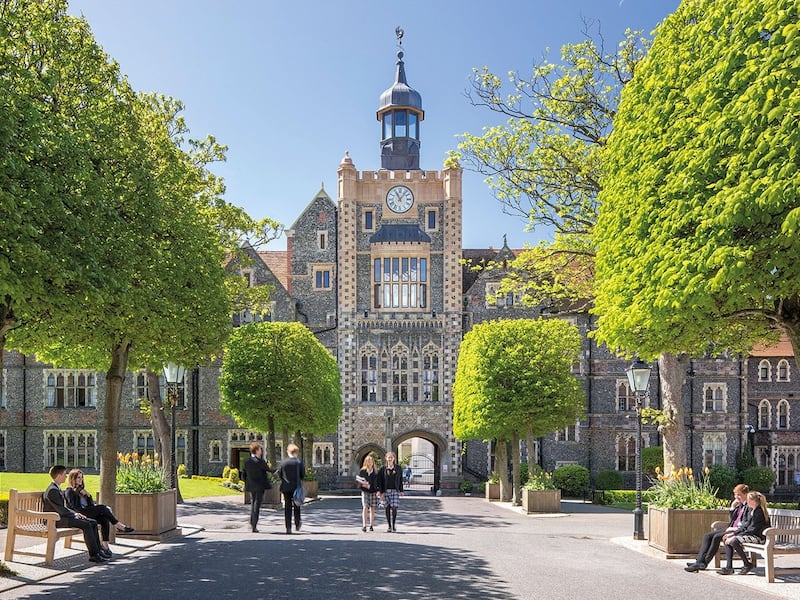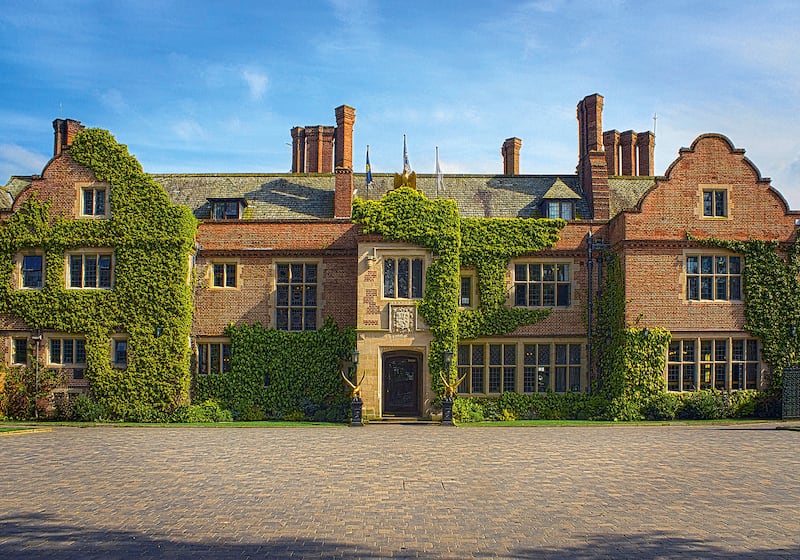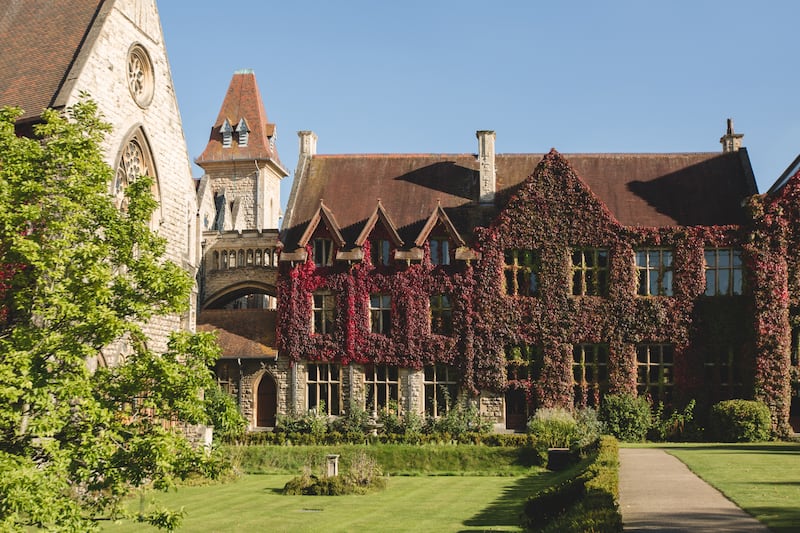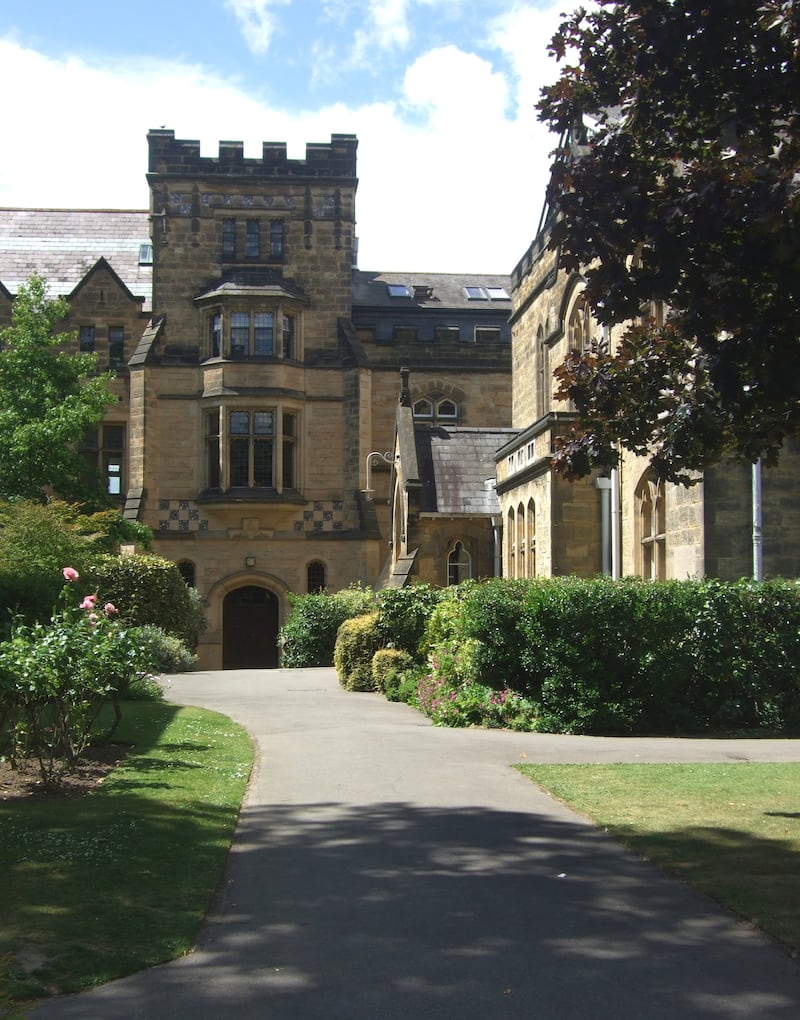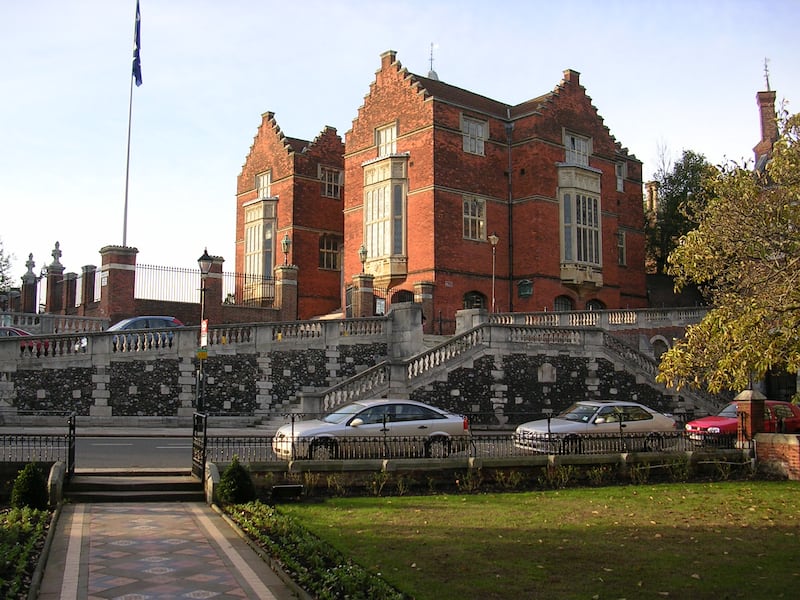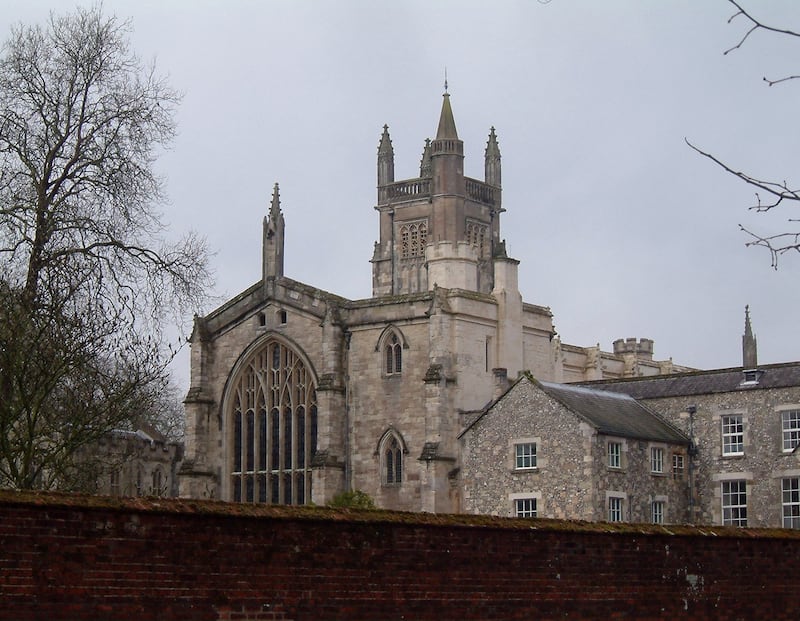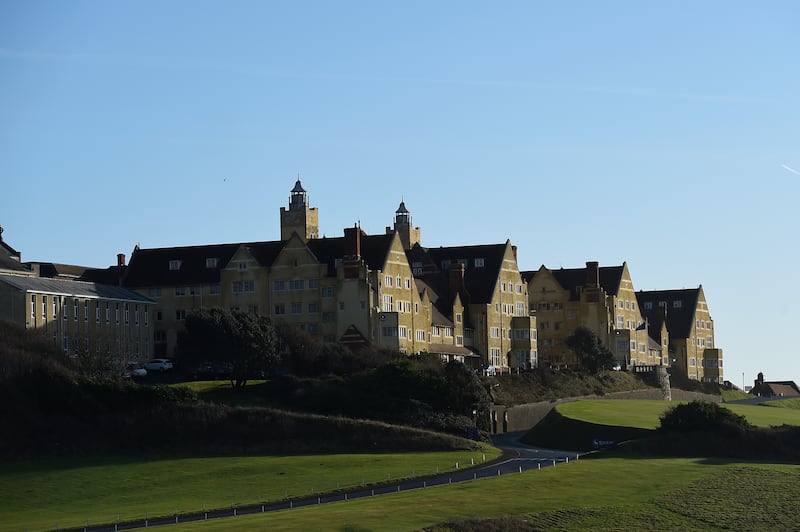Labour will impose VAT on boarding fees as well as private education if it wins power at the next election.
Labour Party leader Keir Starmer has vowed to impose VAT on independent fees to raise money he says will be used to address the “appalling state” of state schools.
Experts had thought boarding fees could remain exempt from the sales tax because they could be defined as “welfare services” under VAT law, and therefore separate from education, defined as the taxable product.
But sources in the party told The Financial Times that boarding will incur VAT under a Labour government because it is “connected to the principal supply of education”.
That could hit plans by private schools to recruit more pupils from abroad by making boarding school in the UK comparatively more expensive to other countries.
Christine Cunniffe, head teacher at LVS Ascot, told The National many parents in overseas markets would be put off by large price increases at British boarding schools.
“Markets like China are no different to us,” she said.
“There are parents there where both of them are working long hours to send their children to the UK to study.”
She added: “What we are finding is places like the US are becoming more competitive.
“So if the UK [does impose VAT on private school fees] others will see it as an opportunity.”
Some schools overseas, such as Epsom College in Malaysia, a sister institution to Epsom College in Surrey, are already acting on it, sensing the policy could present an opportunity to even draw British pupils abroad.
According to the FT, the school is offering parents the chance to pay £28,000 a year for the duration of a British pupil’s education from Year 9 and Year 13 – a price which includes three return flights between London and Kuala Lumpur in between terms.
The average cost of a British private day school, for comparison, is £20,480 a year.
It is not known how many pupils will be removed from private schools and placed in the state sector. Estimates vary from as little as 3 per cent to more than 20 per cent.
The Independent Schools Association, an organisation for private schools, has said most of its 1,400 members are small schools with a few hundred pupils and the policy could lead to closures.
Critics say an influx of pupils to the state sector will have knock-on effects that will further worsen educational inequality.
If parents are no longer paying private fees, they will have more to spend on a mortgage to rent or buy a house closer to a good state school, or potentially spend on private tutors, to increase their child's chance of getting into a selective state school.
Unions which represent teachers are also concerned.
Patrick Roach, the General Secretary of the NASUWT union told its annual conference in late March the VAT policy could place the state school system under “more pressure” and lead to the loss of jobs.
He told the media: “The consequence for many independent schools – and many of them by the way are relatively small-scale organisations – they are possibly struggling anyway to recruit intake and to maintain footfall.
Most expensive UK boarding schools - in pictures
“Then, when they go to the wall, there’s less money coming into the exchequer and there’s more pressure on public services, because those kids are going to be educated somewhere.”
He added: “If I’m being ideological, it’s about our members. Because when those schools close, our members are effectively out of a job.”
Labour has said it plans to use money raised by the VAT charge to recruit 6,500 more teachers and place mental health counsellors in every secondary school.
A poll from October suggests just over half of the public, at 57 per cent, support the policy to add VAT to private fees.
“This might win them initial votes but it’s not going to be a winner down the line, when they implement it,” said Ms Cunniffe.
